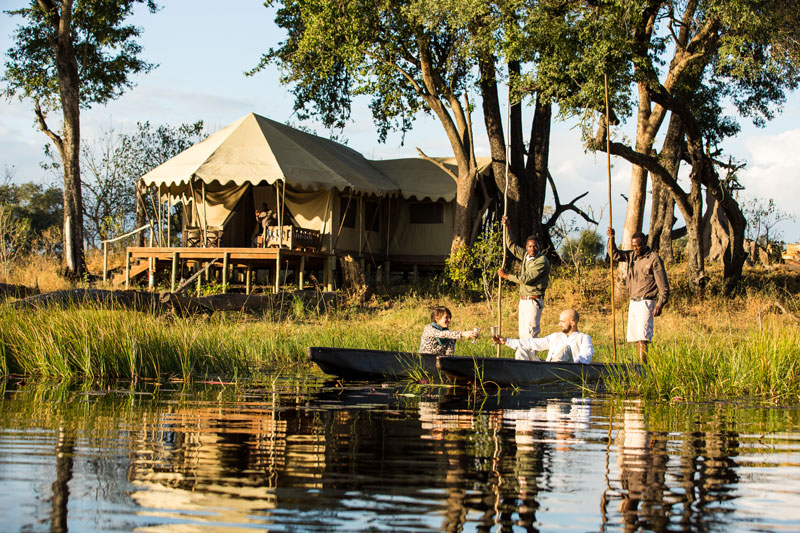Duba Explorers Camp
Duba Explorers Camp is an exclusive tented camp located on the edge of the private Duba concession in the remote northern reaches of the Okavango Delta.
Duba Explorers Camp is a luxurious and intimate camp located in beautiful riverine woodland on the edge of an extensive wetland system in the northern Okavango Delta. While permanent floodplains are a dominant feature in the region, the camp also has direct access to large areas of dry country and open grassland and therefore offers the full range of Okavango experiences with superb game-viewing including all the predators. Sister to the more elaborate Duba Plains Camp, Duba Explorers offers expedition style décor and has an authentic yet luxurious feel. The camp location is beautiful and it is definitely somewhere very peaceful to hang out between activities. Duba Explorers is perfect for travellers looking to combine a genuine wilderness and big game experience with an exclusive, tranquil and sophisticated camp experience, without jumping into the hugely expensive top range Botswana products.
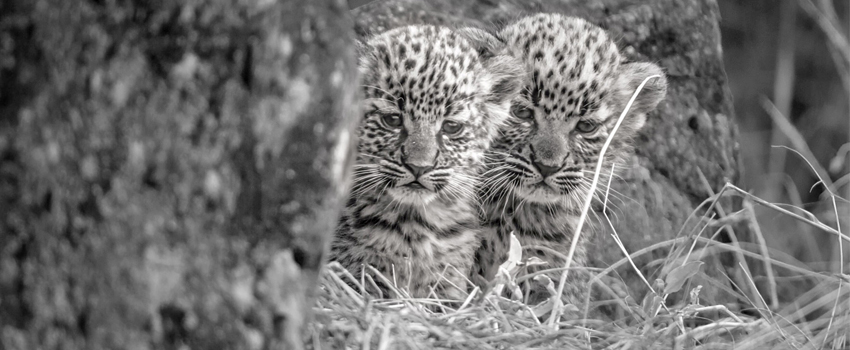
ACCOMMODATION
Accommodation is provided in five guest tents, all raised on wooden decking and built under the shade of mature trees. Each tent is furnished to a very high standard with twin or double beds under a…
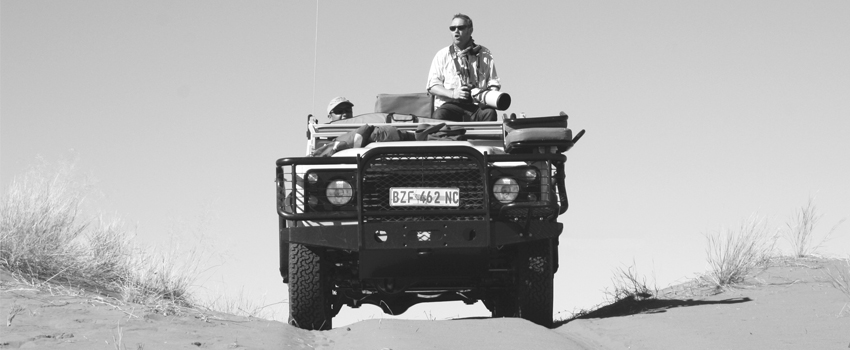
AREA & ACTIVITIES
The Duba Concession is an exclusive section of the Okavango Delta made up of a series of large islands separated by river channels and floodplains that become inundated during the flood season. The landscape…
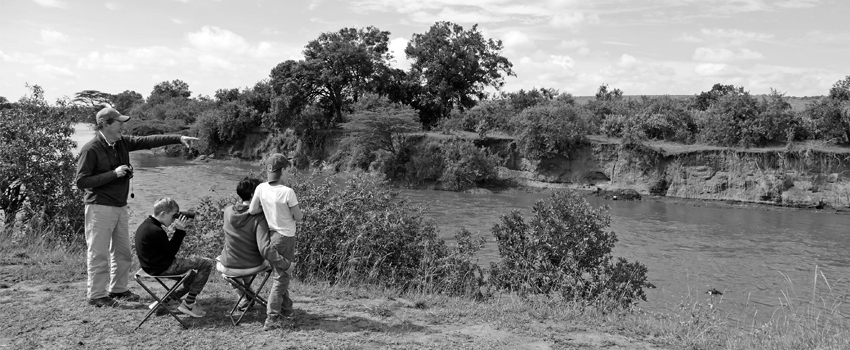
Families
Children aged six years and above are accepted at Duba Explorers Camp. There is no specific family accommodation, although triples can be arranged. With big game free to wander through camp and being…
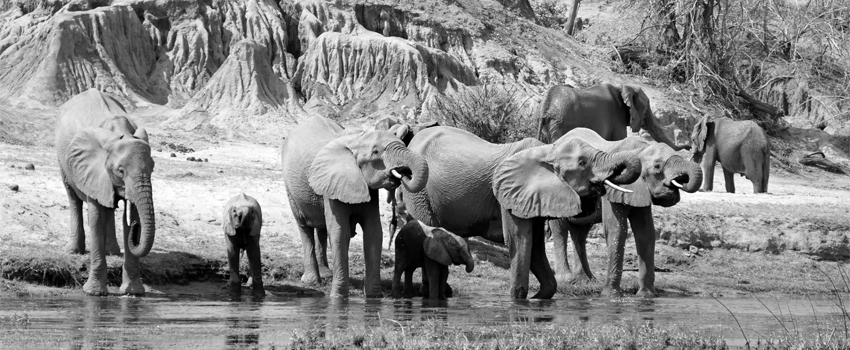
Conservation & community
Duba Explorers Camp is part of Great Plains Conservation which has a non-profit Foundation (Great Plains Foundation) spanning both Kenya and Botswana and which is involved in a broad range of conservation…
| Location | Duba Concession, Northern Okavango |
| Access | Charter flight, Helicopter or Shared air transfer into Ondop airstrip (5 minute helicopter flight to camp) |
| Open | Year round |
| Pricing | £££££ |
| Camp Style | Luxury Tented Camp |
| Focus | Big game / Delta experience / Culture / Water / Open plains |
| Children | 6 Years + |
| Activities | Game drives (day and night) / Guided walks / Motor boat / Mokoro / Fishing |
| Vehicles | Open |
| Maximum Guests on Vehicle | 6 |
| Private Vehicle Options | Yes |
| Off-road Driving | No |
| Number of Rooms | 5 |
| Family Accommodation | No |
| Bathroom | Flush toilet / Plumbed basin / Plumbed shower |
| Power for charging | In room |
| Lighting | Solar |
| Hairdryer | Not possible |
| Heating/Cooling | Standing fans |
| Room Safe | Yes |
| Laundry Service | Complimentary |
| Communication in room | Air horn |
| Wi-Fi | In room |
| Mobile Reception | No |
| Swimming | Communal |
| Wellness | Yoga mat and light weights in room |
| Dining Style | Private |
| Drinks Included | House drinks |
| Credit Cards | Visa and Mastercard |


